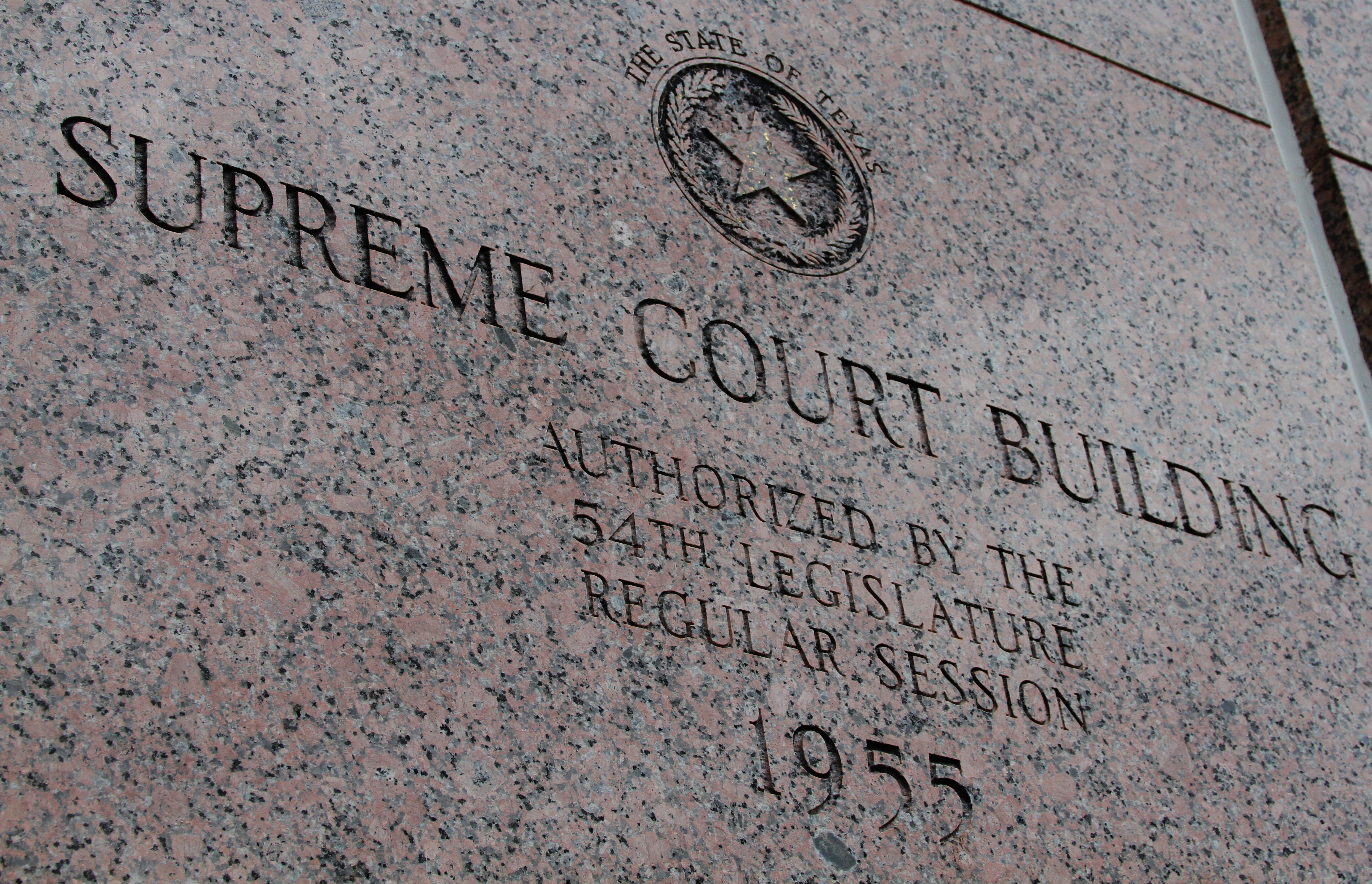Shell Oil Co. v. Writt
No. 13-0552
Case Summary written by Allison Grayson, Online Edition Editor.
JUSTICE JOHNSON delivered the opinion of the Court.
In February 2007, a Shell contractor pled guilty to “paying bribes to Nigerian customs officials through Panalpina, Inc., a freight forwarding and customs clearing company used to import equipment for Shell’s Bonga Project, a deepwater oil and gas project off the coast of Nigeria.” Shortly thereafter, the Department of Justice (DOJ) alerted Shell that some of its Panalpina services may have violated the Foreign Corrupt Practices Act (FCPA) and requested an opportunity to conduct an internal investigation. Shell agreed to produce any documents requested by the DOJ.
During the investigation, the DOJ identified certain employees of interest, one of whom was Mr. Robert Writt. In compliance with the investigation, Shell created a report containing “information, analyses, and conclusions as to Shell’s relationship with, and Writt’s actions as they related to, Panalpina.” In addition to providing the report, Shell terminated Writt after the investigation.
Subsequently, Writt sued Shell, claiming wrongful termination and defamation. In response, Shell filed a motion for summary judgment, which the district court granted, “concluding that Shell was absolutely privileged to provide the investigative report to the DOJ.” The wrongful termination claim, however, continued to a jury trial, which ultimately concluded in Shell’s favor. After appealing the summary judgment decision, the court of appeals reversed. On appeal to the Supreme Court of Texas, Shell argued its “statements [were] absolutely privileged because they were made as part of a quasi-judicial proceeding.” Contrastingly, Writt argued that the court of appeals was correct in classifying the communication as conditionally privileged.
ISSUE: Whether providing a report concerning possible “criminal activity was an absolutely privileged communication or a conditionally privileged one.”
In this instance, the Court held that Shell’s report to the DOJ fell under the category of absolutely privileged communication. The Court explained that “the absolute privilege is . . . extended to quasi-judicial proceedings and other limited instances in which the benefit of the communication to the general public outweighs the potential harm to an individual.” Further clarifying, the Court stated that the principles discussed in Hulbut v. Gulf Atlantic Life Insurance Co., 794 S.W.2d 762, 768 (Tex. 1987) were controlling here. Additionally, the Court referenced Clemens v. McNamee, 608 F. Supp. 2d 811, 824–25 (S.D. Tex. 2009) to illustrate other courts’ consideration of the issue of absolute privilege.
Although the facts in Hulbut differed from the facts in this case, the Court urged that its holding did not serve to overrule its holding in Hulbut. Ultimately, the Court noted that the summary judgment evidence presented by Shell proved that “when Shell provided its internal investigation report to the DOJ, Shell was a target of the DOJ’s investigation and the information in the report related to the DOJ’s inquiry.” Moreover, when Shell provided the DOJ with the report, it “acted with serious contemplation of the possibility that it might be prosecuted.” Therefore, the Court reversed the court of appeals decision.


